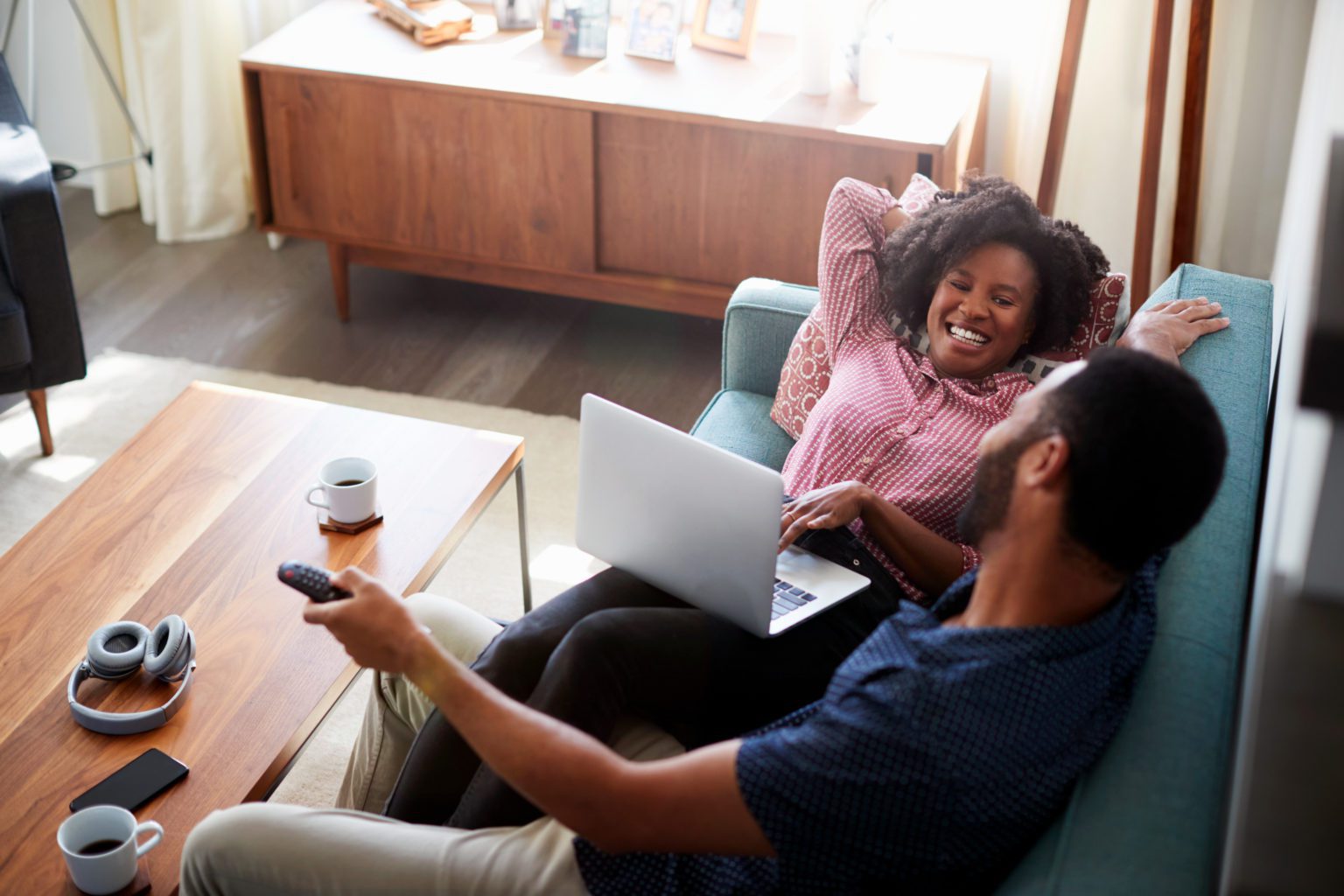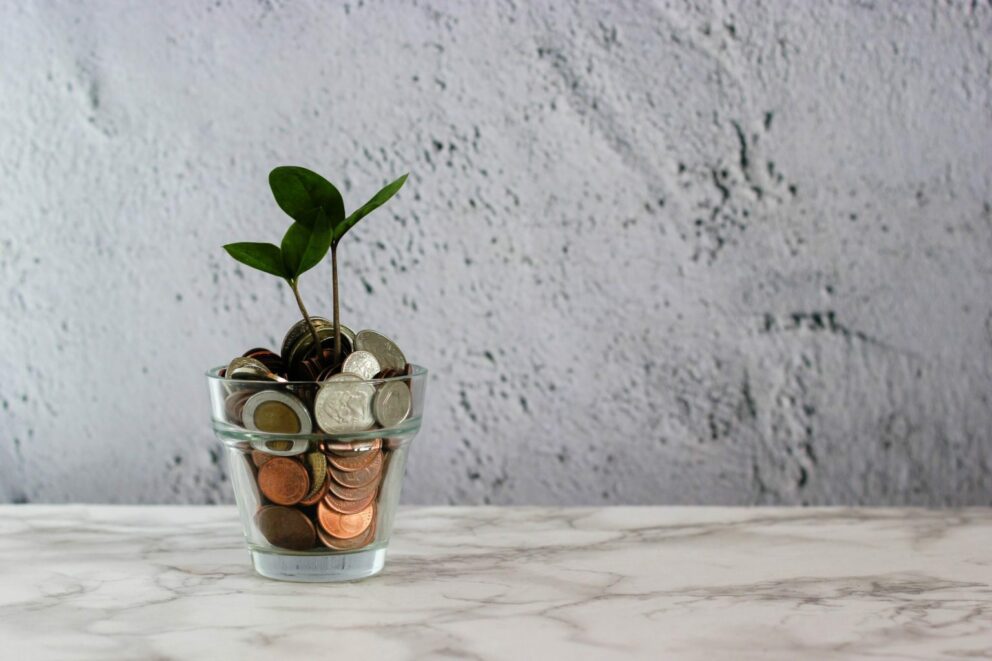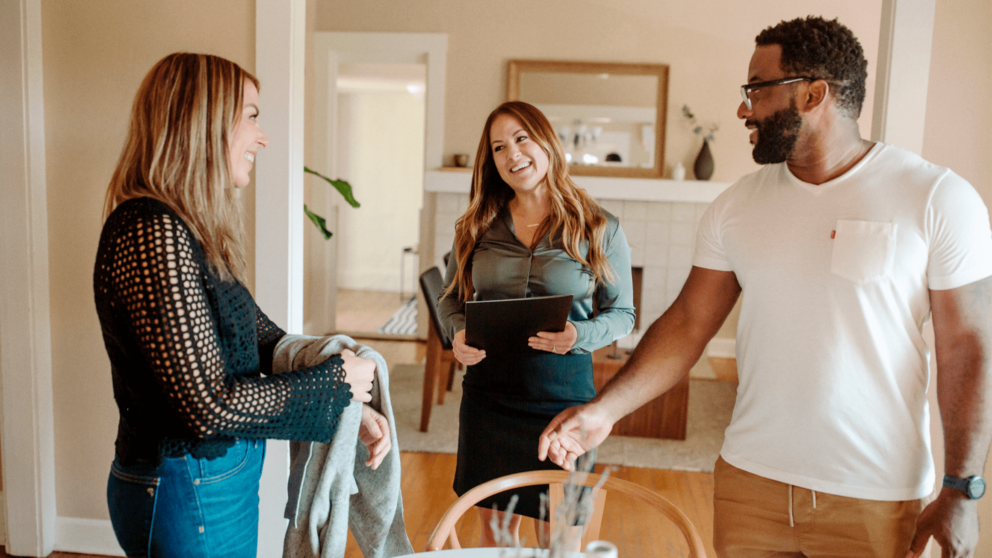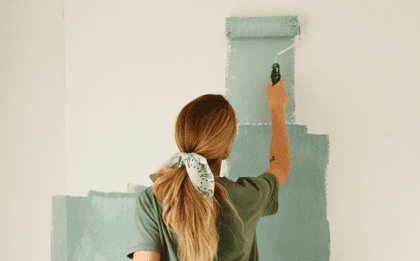What to consider when buying a house
Buying a home is a big deal; whether you’re buying your first property, investing, or simply thinking of moving again, we’ve put together a list of things to consider before doing so, to make sure your next move is an easy one.
In this guide
Budget & Costs
Costs to consider when buying a house
Location, location, location
Floorplan
Duration of stay
The quality of the home
Storage space
What to consider when buying a house for investment
Budget & Costs
The first thing to think about is your budget. If you have an existing property to sell, it’s a good idea to sell this first before you start your property search. If your property fetches a higher sale price than expected, then you may have more choice when it comes to buying. Or if for any reason your property fetches less than expected, you can be prepared for this.
To start your search, you should find out what your spending limit is and speak to a mortgage adviser so they know how much you can afford and focus on looking for properties within that price range. It’s so important to work out the costs before looking, purely to avoid disappointment.
Costs to consider when buying a house
Here’s a breakdown of some of these costs you will have to consider in the process of buying a house:
Deposit
Unless you’re a cash buyer, you will most likely have to save for a deposit. This is usually between 5-20% of the overall cost of the home you are buying. The more you can pay as a deposit will mean more change of getting a mortgage and also could reduce the interest rate, so it is definitely something to ensure you have saved for beforehand or at least to have a rough idea of much you will have to be saving.
Mortgage fees
Lender’s charge this to check how much the property you’re buying is worth. This is done for lender’s security, and it’s recommended to save around £300 for it; although sometimes they can be more, or cost nothing, it’s worth preparing for.
Stamp duty fees
Stamp duty is the fee paid to government for the ownership of any land or property. The rates vary depending on the price of the property you own, and it is worked out in price bands. If you are a first-time buyer, living in the UK or Northern Ireland, you pay a reduced rate as long as the home you’re buying is less than £500,000. Anything above that and you will pay the standard rates as follows: (please note these rules differ if you live in Scotland or Wales)
UK and Northern Ireland stamp duty rates
| Property Price | Rate |
| £0 – £125,000 | 0% |
| £125,000 – £250,000 | 2% |
| £250,000 – £925,000 | 5% |
| £925,000 – £1.5m | 10% |
| £1.5m+ | 12% |
Legal fees
Legal fees or conveyancing fees are a group of costs that cover all the legal work associated with buying a home. These cover things like land registry fees, stamp duty fee, local searches, and ID checks. Legal fees can be around £850 – £1,500 including VAT at 20%. And the searches to check whether there are any local plans or problems are around £250 – £300.
You’ll normally need a solicitor or licensed conveyancer to carry out all the legal work and they will also help confirm exactly how much you have to pay.
Estate agent fees
Estate agent fees are only paid by the seller, not the buyer, for their services. Most estate agents charge between 1 – 3% of the sale and online estate agents usually offer a flat flee. We are proud to offer a unique 3 fee option, letting you choose the option that works best for you:
Upfront fee
Pay the whole £995 upfront and you don’t have to worry about it later.
Split fee
Spread your costs across the process and pay just £495 upfront, with the remaining £500 due on completion.
No sale, no fee
No risk, no hassle. Don’t pay until we sell. Just pay 1% of the sale price, with a minimum fee of £1,500.
(All fee options include VAT)
Surveyor’s fee
Having a survey carried out on your home isn’t compulsory and it may not be something you are fussed about having, so you don’t necessarily have to worry about paying this fee. However, doing so could benefit you as the surveys check that the home you’re buying is in good living condition and could give you the opportunity to negotiate the price if anything is picked up.
Insurance
You’ll need to take out buildings insurance to protect your new home against damage from fire, floods, and so on. We also recommend having contents insurance for all your possessions, and life insurance so you’re covered for everything.
Location, location, location
The location is another massive factor to consider when buying your home and making sure it’s the right one. While you may be able to put up with imperfections in the property itself, or change things you aren’t a fan of, you can’t change the area you live in. You need to consider how far you will need to travel to work, schools, the supermarket, and general amenities to keep you entertained. Also, will you be able to access public transport if you ever need it?
There isn’t much point in having your ideal home in a neighbourhood that makes you feel unhappy, so make sure to really get a feel for the area you’re thinking of moving to by making several visits at different times – in the evenings, during the day, weekends, and weekdays to cover all bases, checking things like traffic, or safety or whether the area is kept tidy.
Floorplan
Another thing to consider when buying your home is the floorplan and the amount of living space in the property. Think about whether you plan to stay for a long time, and will this mean you have to cater for starting a family or your children growing up? As well as this, you may want to consider if your home also needs to serve other purposes such as working from home, so will you need a home office? Or perhaps a garage you can transform into a gym?
Duration of stay
Before you move, it is important to consider how long you are planning on staying in your new home for. Will you be staying long term and be raising a family during the time in your home? If you see the next home you buy as your forever home, you might want to be fussier than if you didn’t, so you don’t have to make unnecessary sacrifices.
The quality of the home
The quality of the home you’re viewing is a big thing to consider. When viewing properties, look out for the quality of the fixtures and fittings, try to see whether the building is structurally stable by looking out for any large cracks in the walls or ceilings. Look out for damp issues; these can be hard to spot as the owner can paint over damp spots, but there may also be a damp smell, so just be aware. Also check the type and age of the boiler installed in the house, plumbing and wiring. Is there a potential for investment in this property if there is work to be done?
Storage space
Have you thought about the amount of storage space you will need in your new home? It doesn’t always seem like a main priority, but not having enough space for your belongings will be a problem. Think about whether you will need a garage for your stuff, or if a small shed in the garden will be enough. Nowadays, garages are also used and converted for extra living space, so take this into consideration.
What to consider when buying a house for investment
Maybe you have bought a property before, but you could be new to the idea of buy-to-let? Here are some important things to consider when buying for investment:
Think about the type of tenants you are trying to attract – this will be a big factor in the success of your investment, as you will have to ensure the home is suited to that group of people, the location and type of property will appeal differently to different demographics, so consider who you want to target; students, families etc. Think about bad tenants and potential property damage – it is not a decision to make lightly but it could be very successful for you if well thought out.
There are lots of legal responsibilities that come with investment properties, and you need fully aware of how to follow them:
EPC certificates, gas safety certificates, providing safe and working electrical appliances as well as fire resistant furniture, right to rent checks and protecting tenants’ deposits – there’s lots to think about, you just have to ensure you’re willing to invest the work, time, and money before making the move.





